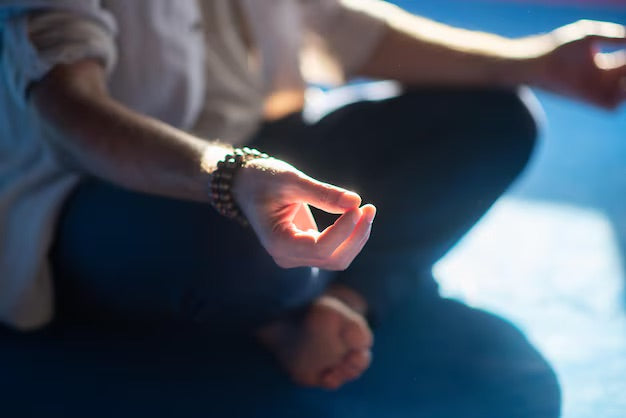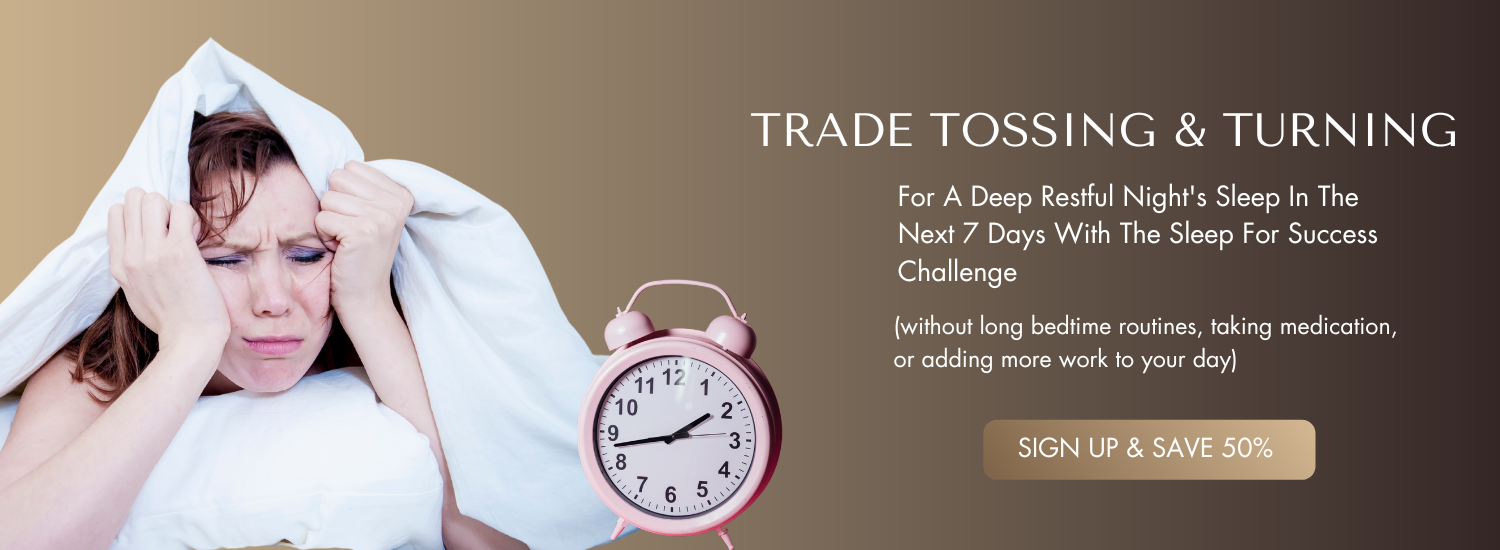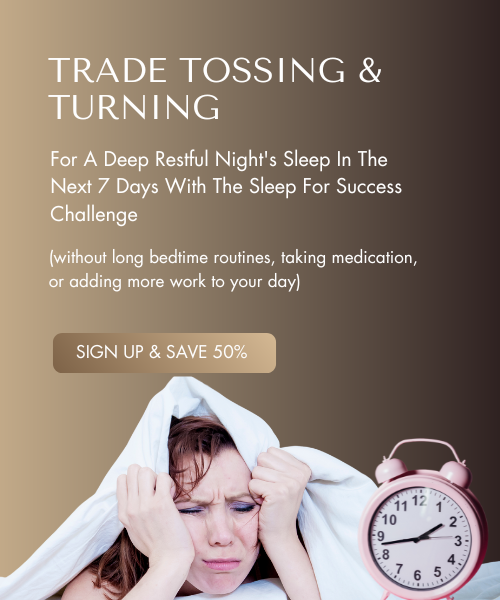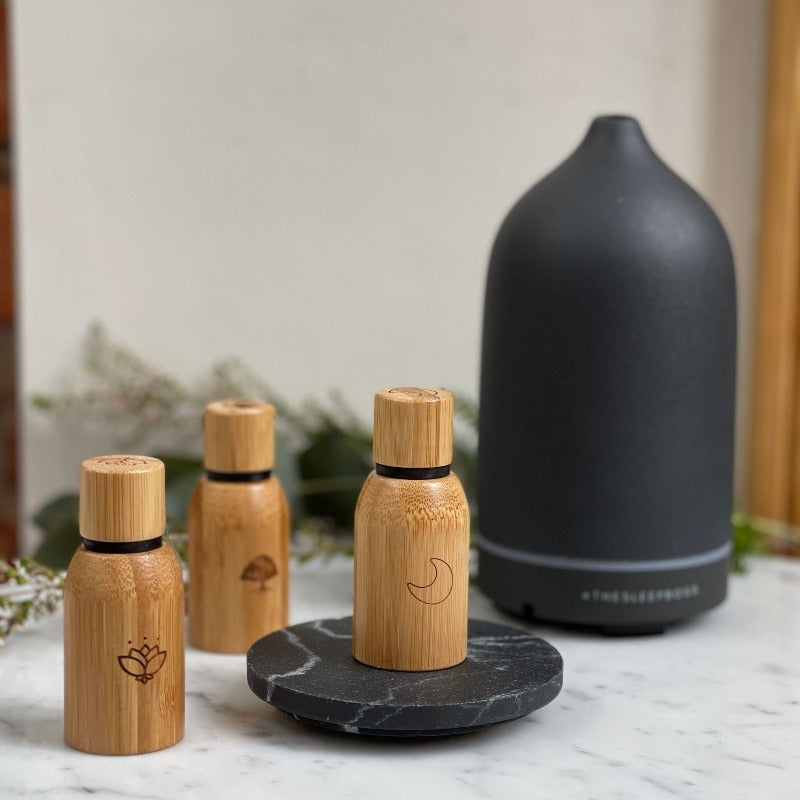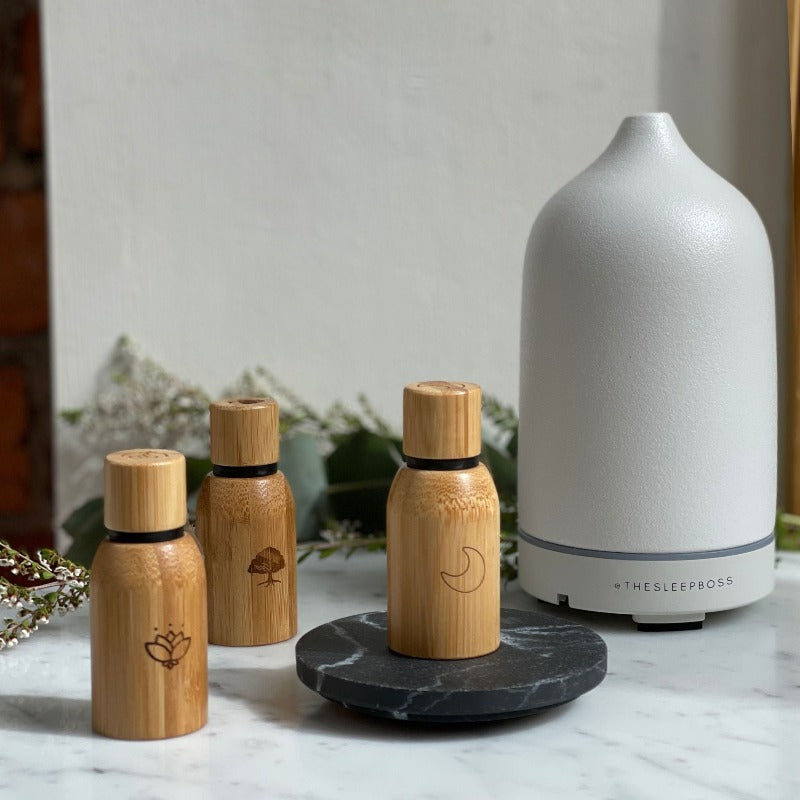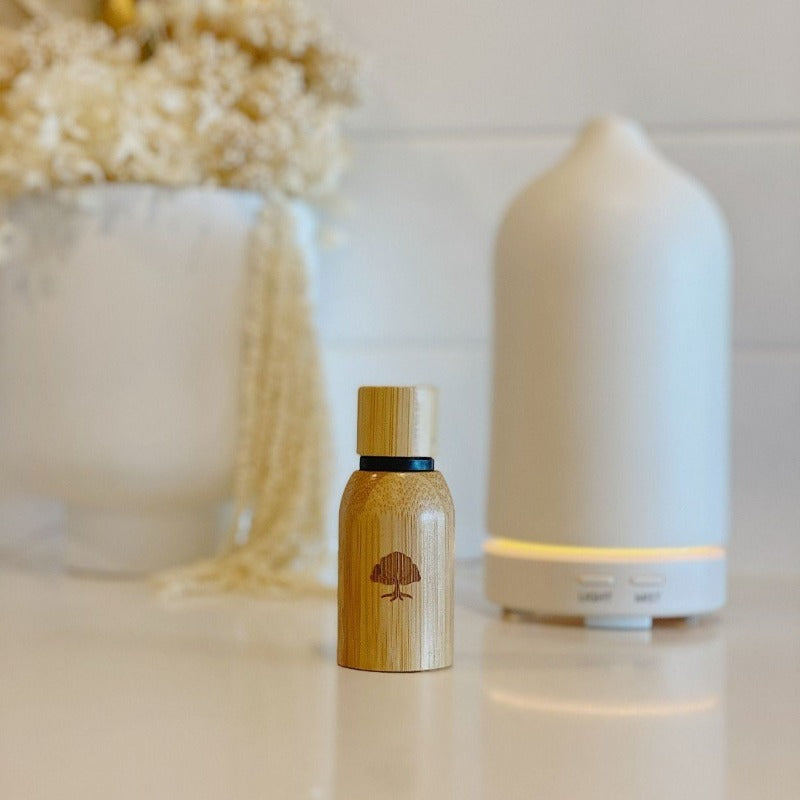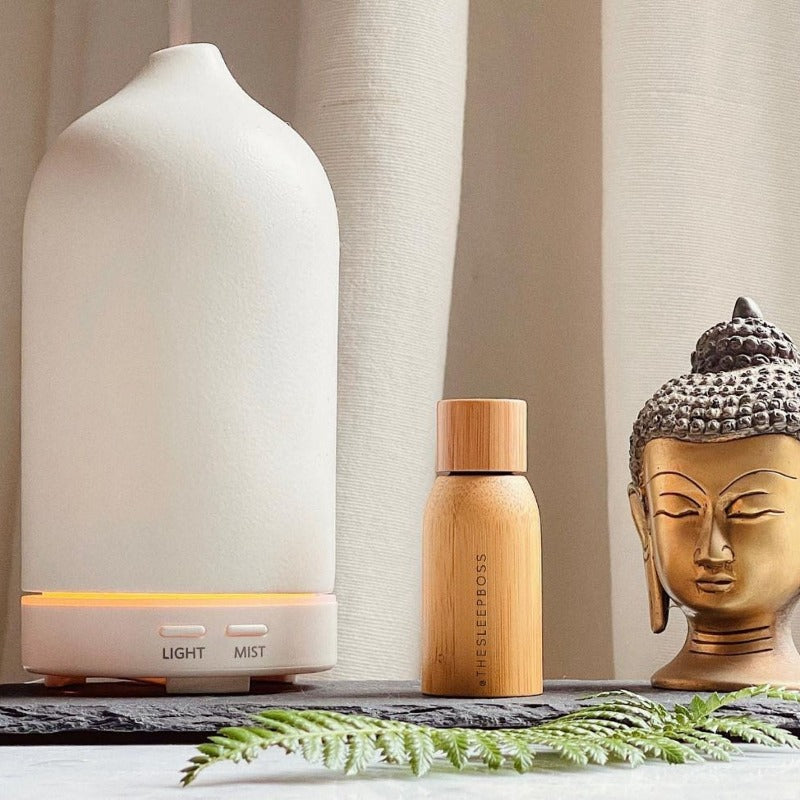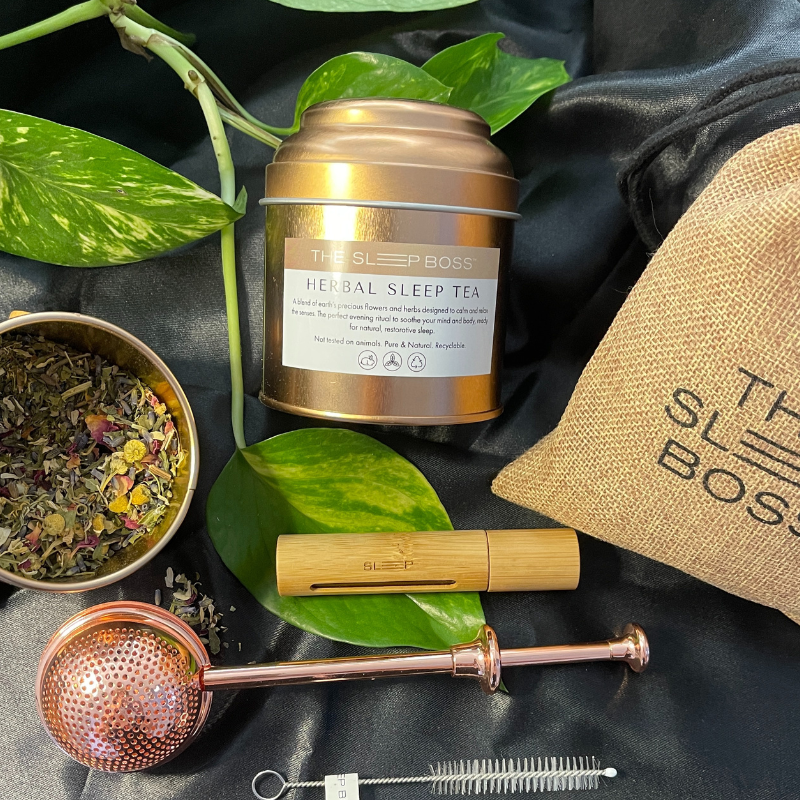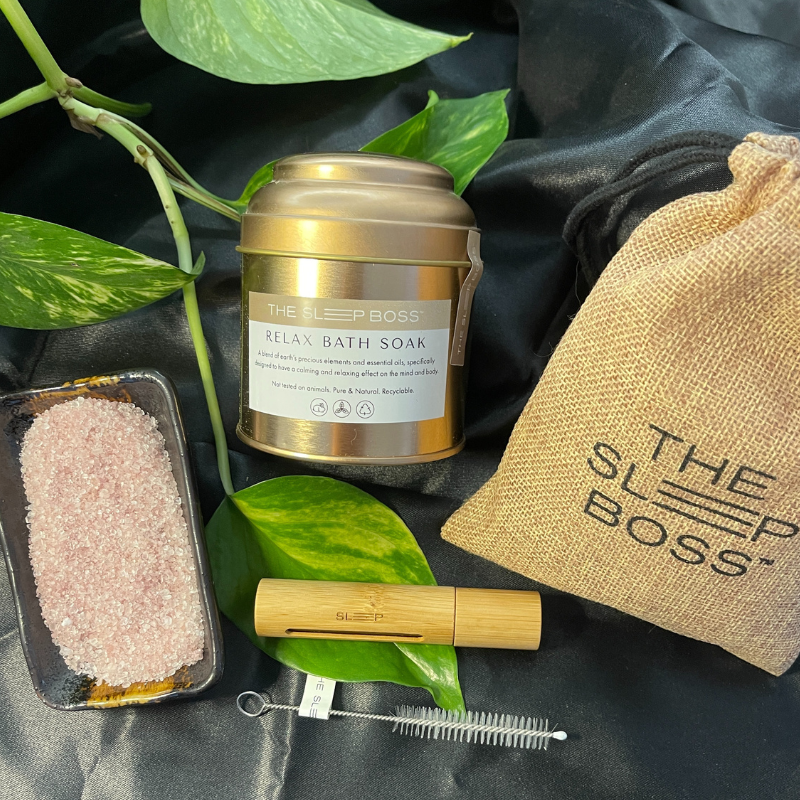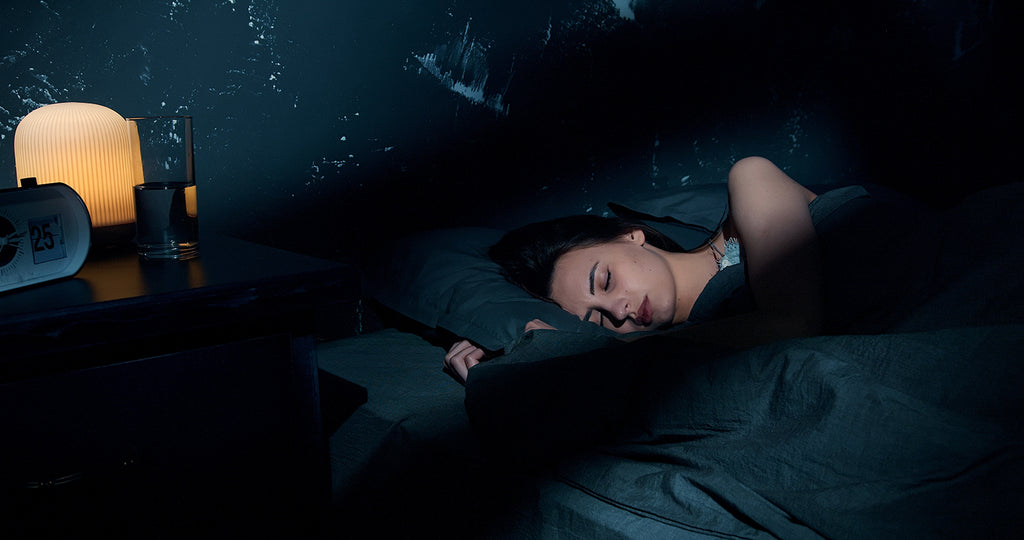
How to Get More REM Sleep
While you may be getting enough sleep, the real question should be – are you getting enough deep sleep?
REM sleep is pivotal for your mental and physical wellbeing to make sure you are at your best day in and day out.
On top of maintaining your performance capabilities, not getting enough deep sleep can affect your mood, making it harder to regulate your emotions and memory.
The following guide will cover how you can achieve more REM sleep during your sleep cycle, providing a series of tips and tricks to help you rest and recover fully.
What is REM Sleep?
REM Sleep, short for Rapid Eye Movement, is one of the four stages of your sleep cycle whereby your brain turns short term memories into long term memories. As the name suggests, your eyes flutter around in different directions and your brain activity is similar to when you’re awake.
This is where the dreaming stage occurs, usually happening 90 minutes after you start to sleep deeper. According to Cleveland Clinic, an ideal range for REM sleep should be 20-25% of your sleep time. So, if you’ve slept 7-8 hours, 90 minutes would be how long you should be in a REM state.
READ MORE: ‘The 4 Stages of Sleep: Understanding the Cycle and Its Impact on Brain Health’
<h2>Why is it Important to Get Quality REM Sleep?</h2>
Not having enough REM sleep can affect your brain’s capabilities to develop new memories and enhance future learning. This can lead to sleep deprivation, which according to Better Health Victoria, if not treated, can risk diseases, including depression, cardiovascular diseases, diabetes type 2, dementia, obesity, and neurodegenerative diseases such as Parkinsons and Alzheimer's.
It is also suggested that REM sleep helps you recover from traumatic events to help reduce the effects of experiencing post-traumatic stress disorder (PTSD). As a result, a lack of REM sleep can cause an inability to regulate your emotions, affecting your mental wellbeing. Because of this, getting deep sleep is essential for helping you memorise, learn, and process your emotions fully.
How to Get More REM Sleep
Set a Strict Sleeping Schedule
There’s something to be said about sticking to routine making wonders for your quality of sleep. Having a consistent sleep schedule even on your days off can help make sure you can be in a deep sleep state no matter when you’re off or on the clock. Regularity in your sleep and wake up time can encourage your body’s internal clock, making it easier to get your 8 hours of rest and prevent daytime drowsiness.
For those who have a haywire sleep routine, whether you’re a shift worker, a new parent, or simply a night owl, there are a few precautions you can take to ensure you get the most out of the sleep you get. These include taking short naps, trying to stay on schedule to the current time of shift you are working on your days off, drinking caffeine or alcohol in moderation, as well as creating a bedtime routine or sleeping environment that can make you doze off easily when it’s time for bed.
If you want to learn more about how you can achieve quality sleep for shift workers, read this in depth guide from UCLA Health.
Having Good Sleep Hygiene
As we’ve mentioned, having a getting ready for bed routine is pivotal in turning on your body’s internal clock, recognising that it’s time to hit the hay. A good timeframe to begin your routine is about half an hour to an hour before you go to bed.
A few ideas for your sleep routine include:
Yoga
Doing some stretching and yoga exercises before sleeping can help ease tense muscles, allowing you to be in a more physical state of relaxation.
At The Sleep Boss, we offer yoga mats and accessories to help you get the most out of your exercise routines. For more information on the benefits of yoga for sleep, read our in-depth guide.
READ MORE: ‘4 of The Best Yoga Poses for Better Sleep’
Warm Bath or ShowerLike an instant spa, a warm bath or shower can help you relax before getting to bed. Washing your worries away, the drop in your body temperature after you cool down can cause you to become drowsy.
Meditation
Meditation is a fantastic way to quiet the mind and focus on your breathing. Listening to an audio guide or soothing music while you do body scanning or deep breathing exercises can help you get into the right mood for sleep.
Swapping Screens & Stress for Pages & Peace
It’s sleep time, not screen time. Having electronic devices on hand when you’re trying to sleep can be counterproductive to getting a restful night’s sleep. If you’re using technology before bed, avoid using the blue light as this can delay your rest. Having a book or relaxing hobby (e.g. knitting, crochet, puzzles, etc.) can assure you can get into the habit of being able to sleep fully without being distracted from the screen. Avoiding anything stimulating or stressful is also key to establishing a good sleep routine.
Avoid Alcohol & Caffeine
Speaking of stimulants, reducing your caffeine consumption can help you have a restful slumber. If you are planning to drink coffee, it is best to have your cuppa during the early hours of the day so you can ward off the effects of the caffeine hit by the time you get to bed. Depending on your caffeine tolerance, some can be able to extend to the mid afternoon however it might be best to avoid your having your brew altogether to elongate your sleep.
While alcohol is considered a sedative, alcohol can cause sleep disturbances giving you less REM sleep and more N-REM sleep which can reduce your quality of rest.
READ MORE: ‘Why Sleep and Alcohol Don’t Mix’
Exercising on the Reg
The good kind of jolt that can getting you running on a high for miles before you go to bed is physical exercise. Having as small as 30 minutes of movement everyday can help enhance your sleep quality. Outdoor exposure can help keep your sleep schedule consistent however if you can exercise out in nature, getting some exercise in your day can make a significant difference to help minimise your energy level as soon as you hit the pillow. Be sure not to do intensive exercise within 2 hours of your bedtime but do gentle exercises, such as yoga.
Make Your Bedroom a Sleep Sanctuary
Creating the right sleep environment in your bedroom can make a difference to your overall quality of rest. From your bedding, mattress, aromatherapy, lighting, right down to the curtains, setting the tone can help you achieve good sleep no matter what time of day it is.
For more information on how to help create the perfect sleep sanctuary to go to bed in, read our recent guide, ‘Creating the Perfect Sleep Environment: Tips for a Serene Bedroom’.
Learn More About Sleep Wellness | Try Our 7-Day Sleep Challenge
Get the Quality Sleep You Truly Deserve
Everyone is capable of feeling completely well-rested.
At The Sleep Boss, we’re dedicated to providing natural sleep aid solutions and offering guidance on how you can achieve quality sleep.
We know when you get enough REM sleep, you can be at your best. You can perform, learn, and memorise, as well as control your emotions with complete ease. With these tips, you’ll get the kind of sleep you truly deserve.
Follow our Wellness Hub guide for more information on how you can improve your sleep.
Shop our products to help you achieve the kind of REM sleep you can only dream of. If you have any enquiries or questions, get in touch.









